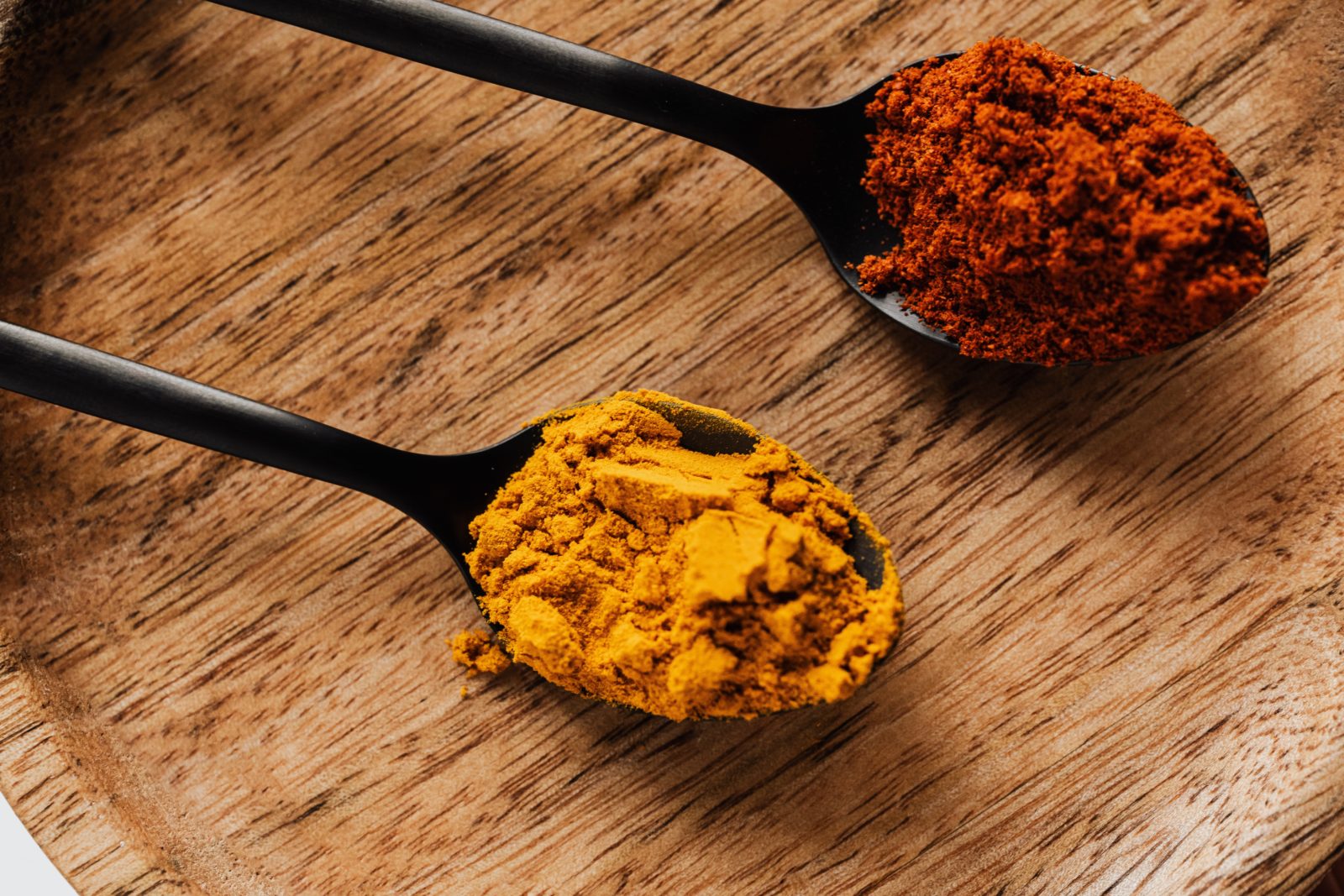Turmeric could helpTrusted Source protect mucosal cells in the esophagus from stomach acid damage.
The authors of a 2019 reviewTrusted Source suggest that this protective effect is due to the anti-inflammatory properties of the curcumin compound in turmeric. However, researchers need to conduct more studies comparing the effectiveness of curcumin with that of clinical treatments.
When a person has acid reflux, their stomach contents, which include digestive fluid, travel back up the esophagus. The fluid contains hydrochloric acid, which irritates and inflames the lining of the esophagus. In the long term, acid reflux can result in complications, such as Barrett’s esophagus and esophageal cancer.
How to use turmeric for acid reflux
Before using turmeric as a treatment for acid reflux, a person should discuss their symptoms with a doctor. People should also take care not to consume too much turmeric while pregnant or when breastfeeding or chestfeeding.
A person can take turmeric in various ways. Many grocery stores sell it in the form of a powder, which people can add to meals or combine with boiled water to make turmeric tea. Alternatively, people can obtain the powder by grinding dried turmeric stems or rhizomes.
People who dislike the taste of turmeric powder or cannot find it in the store could take herbal turmeric supplements instead.
Combining turmeric with black pepper may helpTrusted Source the body absorb more curcumin, which, in turn, could amplify its health benefits. Black pepper contains piperine, a compound that helps stabilize curcumin so that the body can absorb it before it breaks down.
What are the health risks of using turmeric?
Before taking turmeric for acid reflux, a person should speak with their doctor about the potential health risks, which include:
- Consuming excessive quantitiesTrusted Source of turmeric could lead to side effects, such as headaches and diarrhea.
- People with a history of kidney stones should ensureTrusted Source that they do not consume too much turmeric. When turmeric breaks down in the body, it releases oxalates, and high oxalate levels may lead to the formation of kidney stones.
- If someone has celiac disease or gluten intolerance, they should take care when buying turmeric powder. Some unreputable manufacturersTrusted Source may bulk out the powder with gluten-based fillers but not disclose this on the ingredients label.
- According to a 2018 reviewTrusted Source, turmeric is an anticoagulant. Due to this, it could interact with drugs that affect blood clotting, such as aspirin and warfarin. People who consume turmeric while on these medications may notice that they bruise and bleed more easily. If someone has a prescription for any anticoagulant medication, they should speak with their doctor before increasing their turmeric intake.
Full story at MedicalNewsToday.com






Leave a Reply